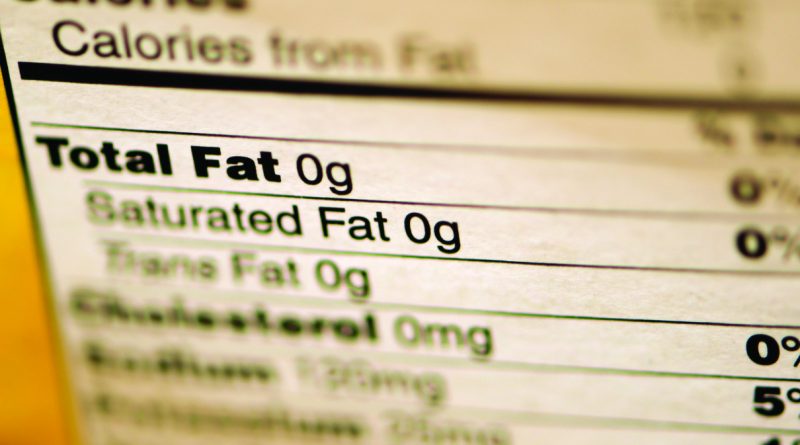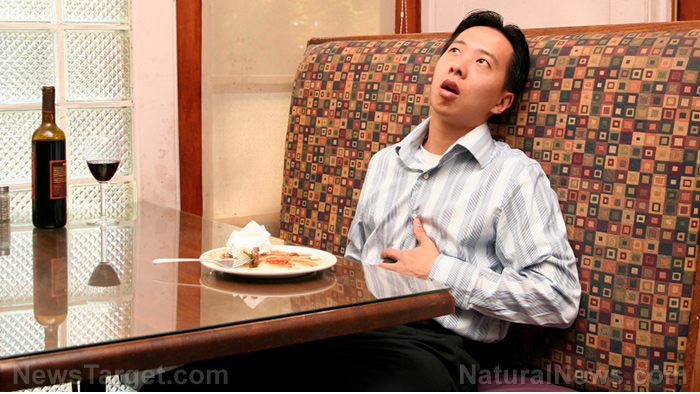In a groundbreaking ruling, the New York State Supreme Court has mandated the immediate reinstatement of all New York City employees who were previously terminated due to their vaccination status. This decision also includes the provision of back pay, marking a significant turn of events in the ongoing battle over vaccine mandates in the city. The court’s verdict, delivered on Monday, has stirred both controversy and celebration. In this article, we delve into the details of this ruling, the reasons behind it, and the potential implications for the affected employees and the city at large.
Question: WHEN will UN-Vaxxed Canadians be reinstated and get back pay?
As of today, there are no official plans or guarantees regarding the reinstatement of unvaccinated Canadians and back pay. COVID-19 vaccination policies and regulations are determined by the Canadian government and may vary by province and territory. These policies can change over time in response to the evolving situation and public health guidance.
To get the most accurate and up-to-date information on this matter, I recommend checking official government websites or consulting with local health authorities. Policies and decisions related to COVID-19 vaccinations can change rapidly, so it’s important to rely on current, reliable sources for the latest updates. Keep reading .
A Legal Turnaround
The New York State Supreme Court’s decision is a direct response to the city’s controversial vaccination mandate, which led to the dismissal of approximately 1,700 employees earlier this year. Under the previous administration of Mayor Bill de Blasio, New York City implemented a strict vaccine mandate, resulting in the termination of a substantial number of public servants, including police officers and firefighters, who refused to get vaccinated. The decision to terminate employees solely based on their vaccination status was met with widespread criticism and legal challenges.
Questioning the Efficacy of Vaccination
In its ruling, the state Supreme Court highlighted a crucial point of contention. The court stated, “being vaccinated does not prevent an individual from contracting or transmitting COVID-19.” This statement underscores a growing debate about the effectiveness of vaccination in preventing the spread of the virus. It suggests that the city’s decision to dismiss unvaccinated employees might not be as scientifically sound as initially believed.
Mixed Messages from City Leadership
New York City Mayor Eric Adams had initially taken a hardline stance, asserting that his administration would not rehire employees who had been let go over their vaccination status. However, the situation became more complex when the mayor allowed certain exceptions to the vaccine mandate for athletes and performers, further fueling the controversy. The decision to exempt certain groups while continuing to terminate first responders like firefighters only deepened the divide.
Calls for Equal Treatment
FDNY-Uniformed Firefighters Association President Andrew Ansbro and FDNY-Uniformed Fire Officers Association President Lt. James McCarthy strongly criticized the mayor’s selective approach. They called for the exemption to be extended to all New Yorkers, not just a select few. McCarthy emphasized, “We support the revocation of the mandate for the athletes and performers that work in New York City. We think that the people that work for New York City should also have the mandate relocated for them.” Ansbro echoed this sentiment, stressing the need for consistency and the importance of following scientific guidance.
A Plea for Unity
The ongoing debate over vaccine mandates continues to spark passionate discussions among city employees, healthcare professionals, and the general public. Those who were previously terminated and their supporters hope that the New York state Supreme Court’s decision will lead to a more unified approach to COVID-19 policy in the city. The court’s ruling not only reinstates employees but also raises essential questions about the broader issue of public health, individual rights, and the role of science in decision-making.
Conclusion
The New York state Supreme Court’s decision to reinstate unvaccinated city employees with back pay marks a significant development in the ongoing discussion of vaccine mandates and their implications. While the court’s ruling challenges the assumption that vaccination alone can prevent the spread of COVID-19, it also underscores the need for a consistent and fair approach to such mandates. As the city grapples with these issues, it remains to be seen how this decision will impact the future of COVID-19 policy in New York City and beyond.










